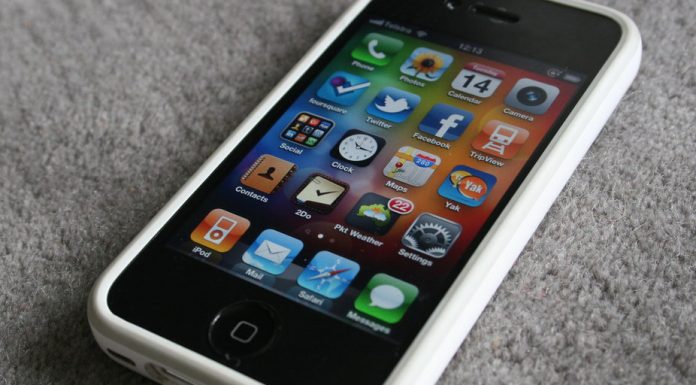(Headline USA) The leftist administration in South Korea need not worry about a situation like that faced by former US President Donald Trump when he was deplatformed after the Jan. 6 Capitol uprising.
The Asian country’s National Assembly approved legislation on Tuesday that bans app store operators such as Google and Apple from forcing developers to use their in-app payment systems in order to be downloaded on devices such as iPhones and Androids.
The tech giants have faced widespread criticism over their practice of requiring app developers to use in-app purchasing systems, for which the companies receive commissions of up to 30%. They say the commissions help pay for the cost of maintaining the app markets.
It was not immediately clear whether the two companies’ prior meddling in US politics might also have helped influence the new legislation to rein in their power.
After China-beholden social-media publishers Twitter and Facebook kicked Trump off their sites, other Big Tech platforms including Google, Apple and Amazon made sure that the sitting US president could not leap to the conservative-friendly Parler.
Instead, they used their monopolistic control of app-stores and web servers to effectively neutralize Parler, using the since-debunked claim that Trump supporters had plotted an insurrection on the platform.
But in fact, it was the tech companies themselves who were involved in a cabalistic conspiracy to censor all dissent and opposition to the installation of President Joe Biden.
Parler recently went public to demand an apology ” from everyone who rushed to judgment about Parler—but especially from our competitors and service providers who should have known better.”
But thus far, the tech goliaths have eluded any direct accountability.
That may change as governments begin to recognize the role that corrupt media and corporations played in securing the White House for the inept Biden administration, whose failures—whether intentional or by design—have further strengthened China’s imperialist ambitions.
South Korea is reportedly the first country in the world to pass such a bill, which becomes law when it is signed by the president, whose party has backed the legislation.
The legislation prohibits the app market operators from using their monopolies to require such payment systems, which means they must allow alternative ways to pay. It says the ban is aimed at promoting fairer competition.
The bill aims to prevent any retaliation against developers by banning the companies from imposing any unreasonable delay in approving apps.
The legislation also allows South Korean authorities to investigate the operations of app markets to uncover disputes and prevent actions that undermine fair competition.
Regulators in Europe, China and some other markets worry about the dominance of Apple, Google and other industry leaders in payments, online advertising and other fields.
Chinese regulators have fined some companies for antimonopoly violations, while other governments are wrestling with how best to keep markets competitive.
The Korea Internet Corporations Association, an industry lobby group that includes South Korea’s largest internet companies including search and online shopping giant Naver, welcomed the passage of the bill, which it said would create healthier competition.
“We hope that the passing of the bill will ensure that the rights of [app] creators and developers are protected and create a fair ecosystem in apps where users will be provided a wider variety of content at cheaper prices,” it said in a statement.
Google said it is considering how to comply with the legislation.
“Google Play provides far more than payment processing, and our service fee helps keep Android free, giving developers the tools and global platform to access billions of consumers around the world,” it said in a statement.
“And just as it costs developers money to build an app, it costs us money to build and maintain an operating system and app store. We’ll reflect on how to comply with this law while maintaining a model that supports a high-quality operating system and app store, and we will share more in the coming weeks,” it said.
In the U.S., Apple last week announced that it had agreed to let developers of iPhone apps send emails to users about cheaper ways to pay for digital subscriptions and media.
The concession was part of a preliminary settlement of a lawsuit filed on behalf of iPhone app developers in the U.S. It also addresses an issue raised by a federal court judge who is expected rule soon on a separate case brought by Epic Games, maker of the popular video game Fortnite.
The judge wondered why Apple couldn’t allow developers of apps like Fortnite to display a range of payment options within their apps.
Adapted from reporting by the Associated Press

